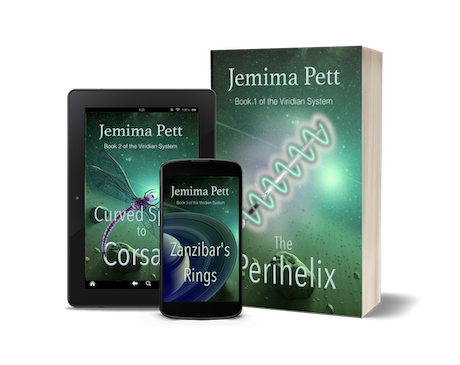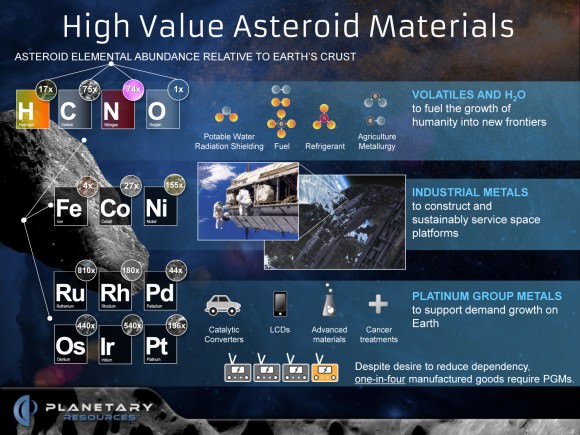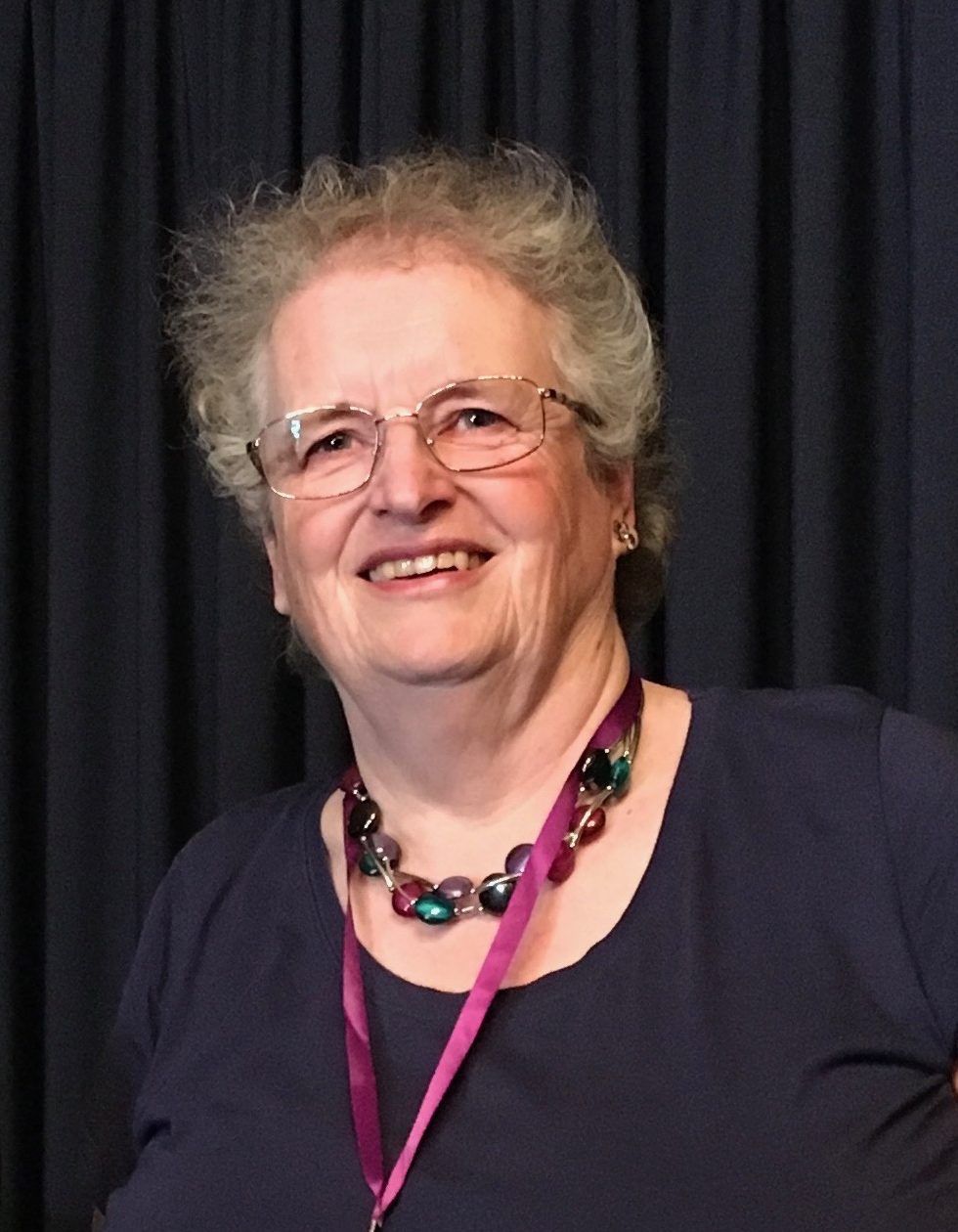This was the question posed by Patricia Lynn Josephine for a guest post prior to the Zanzibar’s Rings tour. I mentioned it in one of the posts here, but Patricia has changed her website, and the old content is no longer available. So here it is… a post written in January 22 that made me think.
Writing Scifi
Hi, I’m Jemima Pett, and I’m a science fiction writer.
Patricia asked me: why do I write scifi?
And I stopped.
I thought for a while, and nothing really happened in my brain.
Except… why am I a science fiction writer?
Why not thrillers, or romance, or adventure… I’d add mystery, but there’s usually a fair bit of mystery in my books, and usually some adventure, but not the sort that ‘action & adventure’ usually means. Five on a Desert Island sort of adventure, not the Da Vinci Code, although I do prefer to write scifi for grown-ups. That’s an audience that’s older than YA but not in need of the ‘adult’ tag, i.e, not X rated.

But why in space?
Why not Australia, or Norfolk, or the Grand Canyon, or somewhere else I’ve been several times?
Why a planetary system way above the plane of our galaxy, the edge of space where people only go because there’s an incredibly valuable metal that allows instantaneous communications across lightyears, even when travelling at the mythical warp speed—several times faster than light.
Well, that starts to answer the question, really.
I absolutely hate reading books where the author has got the details of the place wrong. So writing about imaginary places means nobody’s going to argue with you. It has to feel real, though. Even if the sky is pink.
If you can only do armchair research on your chosen location, it’s fairly helpful if the main details are very close to you. So close, they’re in your head. Even some of the science is imaginary. But the best scifi uses ‘possible science’.
I used to do things in my work which involved working out logical developments given a set of starting conditions. Building scenarios. What would happen if, instead of Brexit, the UK stayed with the EU, and the US decided to make a strategic alliance with (pick a country).
One set of scenarios I worked with (the Millennium scenarios) had three versions I liked for the future—approximately 2025—and one I didn’t. That one was called Atlantic Storm for short, and involved UK aligning itself with the US against Europe, and pulling away from events in the Middle East.
So the science of science fiction is not as farfetched as you might think.

Many science fiction writers use their own particular specialisms as their starting point. Mine is people and planets. Others have more psychological approaches—try Juliana Rew’s Unwinding for a really mind-bending story. Becky Chambers does absolutely amazing things with people and aliens, and alien people, with a big biochemistry influence. Sue Ann Bowling used her genetics specialism to create evolved people with a very interesting background—akin to Arthur C Clarke’s The Sentinel, but more fully developed.
And many, many people like shiny fast toys, enjoy space ships and battles, and the politics that go with them. Which is what scifi looks like to many potential readers, because of Star Wars and Star Trek, not to mentioned Battlestar Galactica and most (it seems) screen scifi. But Gene Roddenbury put lots of speculative fiction into Star Trek. All those ‘What If … the society of Planet X had been influenced by gangster movies and got stuck in that society?’
What If…? is what science fiction is all about.
It may not even be in space.
It may be quite weird.
Which is why it has the wider genre term of Speculative Fiction (spec-fic).
And that may be why I like reading it.
Just imagine what would happen if….
And if you like reading scifi or time travel books, why not join my SpaceTime Reading Challenge?


